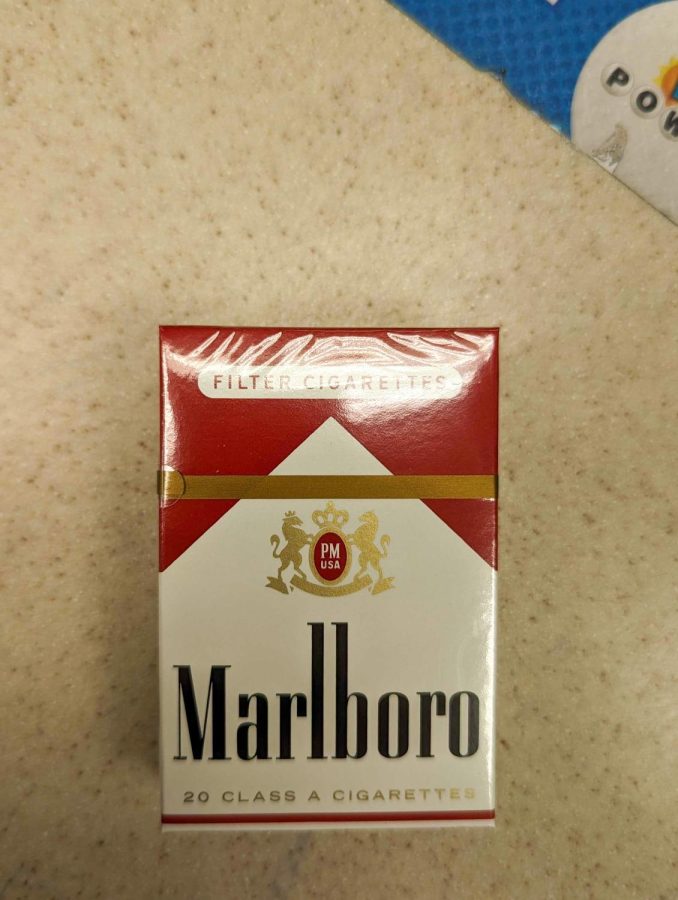Proposition 31 brings voters into the debate over flavored tobacco products that research shows lure kids into addictive smoking habits. Senate Bill 793 enacted a ban on the sale of such products into law in 2020, but it is currently on pause as tobacco companies seek to overturn it.
The proposition reads: “A tobacco retailer, or any of the tobacco retailer’s agents or employees, shall not sell, offer for sale, or possess with the intent to sell or offer for sale, a flavored tobacco product or a tobacco product flavor enhancer.”
A “yes” vote would put the law into effect and enact the ban on the sale of flavored tobacco products. A “no” vote would repeal the law and allow tobacco companies to continue sales.
Proponents of the bill say tobacco companies use flavors to go along with the hits of nicotine, and so the law would prevent said companies from targeting children and teens, particularly those of color. According to Yes on 31, 96% of high school e-cigarette users are on flavored products, and four out of five kids who use tobacco started with a flavored product.
Opponents of the bill include Philip Morris and RJ Reynolds, two companies that have collectively contributed $22 million in opposition. Spokespeople for both companies say SB 793 is akin to prohibition at that, according to their argument in the Voter Guide say “Prohibition has never worked — it didn’t work with alcohol or marijuana, and it won’t work now.” They also argue the bill would increase crime because sales would go underground and fund both gangs and organized crime.





